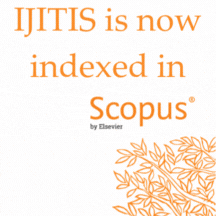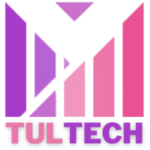Fusion of Blockchain, IoT, Artificial Intelligence, and Robotics for Efficient Waste Management in Smart Cities
DOI:
https://doi.org/10.15157/IJITIS.2025.8.3.388-495Keywords:
Waste Management, Smart Waste Management, Blockchain Technology, Internet of Things, Artificial Intelligence, RoboticsAbstract
Rapid urbanization and population growth are accelerating waste generation in cities worldwide, posing serious environmental and socio-economic challenges. Traditional waste management systems, often centralized and infrastructure-deficient, struggle with inefficiencies, unscheduled collection, and a lack of real-time data. These limitations hinder progress toward smart and sustainable urban environments. Blockchain, the Internet of Things (IoT), Artificial Intelligence (AI), and Robotics are reshaping waste collection, sorting, and recycling. This review examines how these technologies integrate to create secure, efficient, and sustainable waste management in smart cities. An analysis of 184 studies published between January 2022 and July 2025 reveals key shortcomings in conventional waste management systems and showcases the benefits of smart waste management solutions. The results showed that cities are already using IoT-enabled smart bins, AI-driven route optimization, Blockchain for waste tracking, and robotic sorting. However, challenges such as data privacy concerns, limited Blockchain scalability, system interoperability gaps, sensor reliability issues, and high computational demands limit broader adoption. The review outlines future research priorities, including AI-powered waste forecasting, swarm robotics, real-time edge computing, and enhanced cybersecurity. By providing a roadmap for technological innovation and integration, this study supports policymakers, urban planners, and industry leaders in developing intelligent, cost-effective, and environmentally resilient waste management systems.









